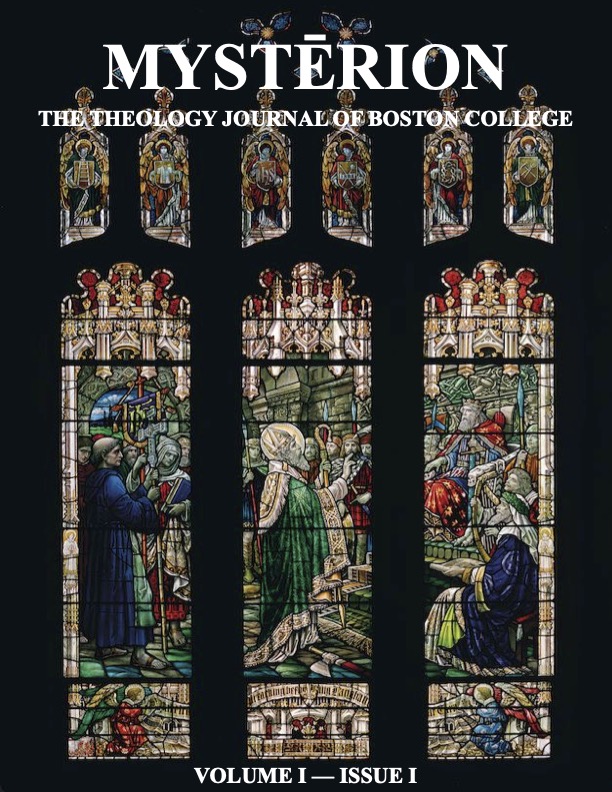Dignitatis humanae: The Catholic Church’s Path to Political Security
Keywords:
Dignitatis Humanae, Political Power, Church and State, Vatican IIAbstract
The Catholic Church has always had a complicated relationship with the political states in which it operates. While much of the Church’s history has shown that the institutional Church’s power relative to the state fluctuates as it has sought to retain political autonomy, it was in the centuries after the Enlightenment in which the most serious threats to the Church’s temporal security began to arise. Considering these alarming trends, the Second Vatican Council’s Declaration on Religious Freedom (Dignitatis humanae) revisited the Church’s relationship with the state in an attempt to secure the Church’s political security in the twentieth century and beyond. Primarily focused on the right to religious freedom, Dignitatis humanae’s authors construct an argument based upon individual claims to religious liberty that ultimately allows the Church to confer upon itself similar protections. Though Dignitatis humanae cedes political authority, it reasserts the Church’s primacy in religious considerations, as well as the disparate judgmental capacities of religious and secular authorities. In concluding, this article will argue that Dignitatis humanae’s significance is two-fold: (1) the Church relinquishes claims to secular governing authority, but (2) elevates its true source of political protection—its individual members—to the forefront of its concern.
Downloads
Published
Issue
Section
License
Copyright (c) 2021 Sean O'Neil

This work is licensed under a Creative Commons Attribution-NonCommercial 4.0 International License.


